Pulmonary Rehabilitation
FAQs
Who benefits from pulmonary rehabilitation?
Any person with a chronic lung disease might benefit from pulmonary rehabilitation. These programs are individualized and include assessment, patient education, exercise training,, psychological assistance, and information on disease prevention.
Anyone with respiratory illness including:
-COPD (emphysema, chronic bronchitis)
-Asthma
-Bronchiectasis
-Sarcoidosis
-Pulmonary fibrosis
-Pulmonary hypertension
-Pre- and post-lung transplantation
-Lung cancer and post lung cancer surgery
-Lung volume reduction surgery
-Other pulmonary conditions
What are the goals?
The goal is to achieve the highest possible level of independent functioning by helping patients to:
-Improve overall quality of life
-Reduce shortness of breath and gain control of symptoms
-Increase activity through exercise training
-Become more involved in activities of daily living
-Reduce flare-ups and the need for hospitalizations
-Understand how to use medications and oxygen appropriately
-Participate in social and recreational activities
What does pulmonary rehabilitation involve?
An initial assessment provided by a cardiologist and pulmonary rehabilitation specialist.
-An education and exercise program is developed for each individual patient.
-Endurance training is achieved utilizing state-of-the-art exercise equipment including a walking track, stationary bicycles, treadmills, arm ergometers and weights. We have equipment that can accommodate all fitness levels and capabilities.
-Oxygen monitoring and exercises overseen by exercise specialist.
-Comprehensive education is provided by trained staff to help patient’s learn to manage their respiratory condition.
-A low cost maintenance exercise program is also available after completing the initial 36 sessions.
Why should I exercise?
Regular exercise has many benefits. Exercise, especially aerobic exercise, can:
-Improve your circulation and help the body better use oxygen
-Improve your COPD symptoms
-Build energy levels so you can do more activities without becoming tired or short of breath
-Strengthen your heart and cardiovascular system
-Increase endurance
-Lower blood pressure
-Improve muscle tone and strength; improve balance and joint flexibility
-Strengthen bones
-Help reduce body fat and help you reach a healthy weight
-Help reduce stress, tension, anxiety, and depression
-Boost self-image and self-esteem; make you look fit and feel healthy
-Improve sleep
-Make you feel more relaxed and rested
Before entering the program, each participant must have a prescription from their physician and a recent pulmonary function test. Pulmonary rehabilitation is a reimbursable service through Medicare and most insurance companies.
Who long is the program?
Pulmonary rehabilitation is usually done 3 times/week for 12 weeks. Sessions last for 1 hour.
Who are the members of the team?
The New Heart team includes a cardiologist, pulmonary rehabilitation coordinator, exercise specialists, nutrition specialists, and life coaches.
What type of exercise should I expect?
Pulmonary rehabilitation programs tailor the exercise with the individual patient’s needs in mind. Expect to participate in aerobic exercises such as walking or stationary bicycle, strength training exercise, and breathing retraining.
What will I learn about my lung disease?
Self management education is a focus of pulmonary rehabilitation. Some common topics include:
-Medications and inhaler techniques
-Understanding lung disease
-Living and coping with chronic illness
-Preventing and managing lung infections
-Stress management and relaxation exercises
-Oxygen equipment and travel with oxygen
-Nutrition and health
